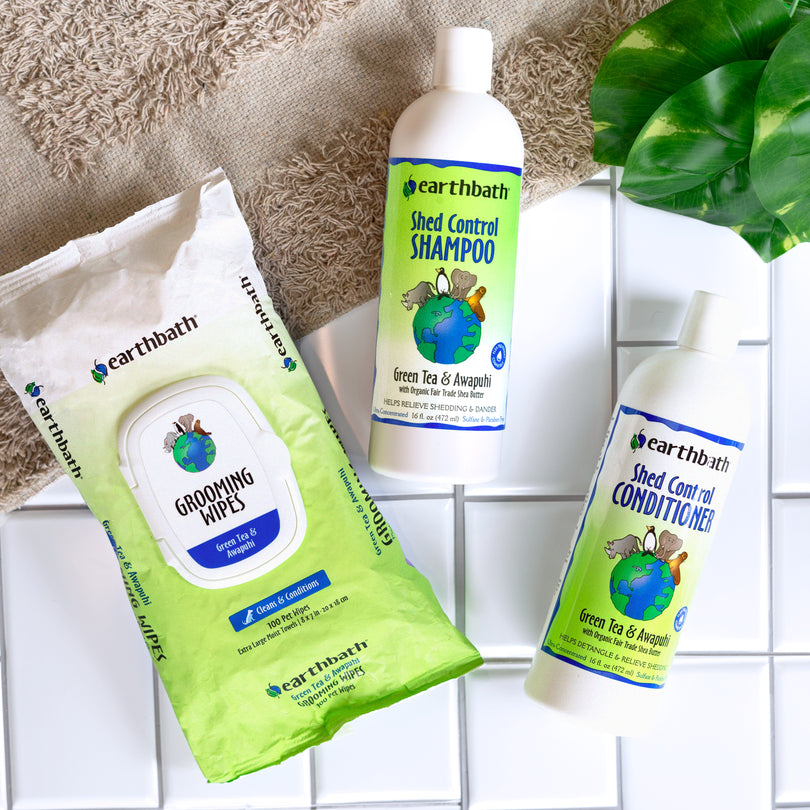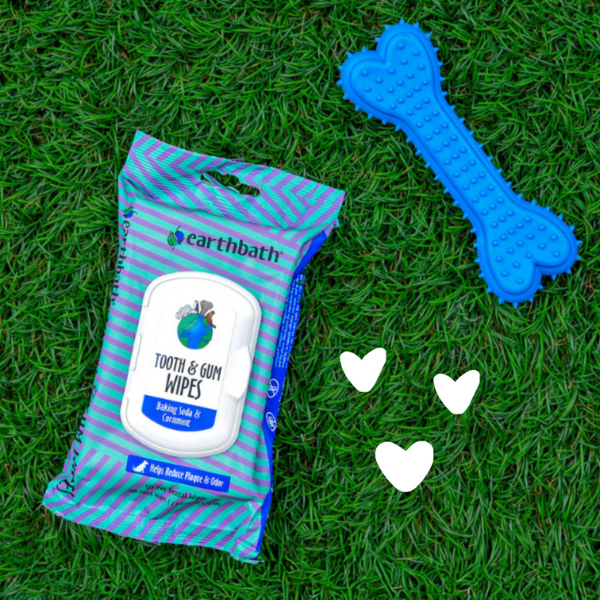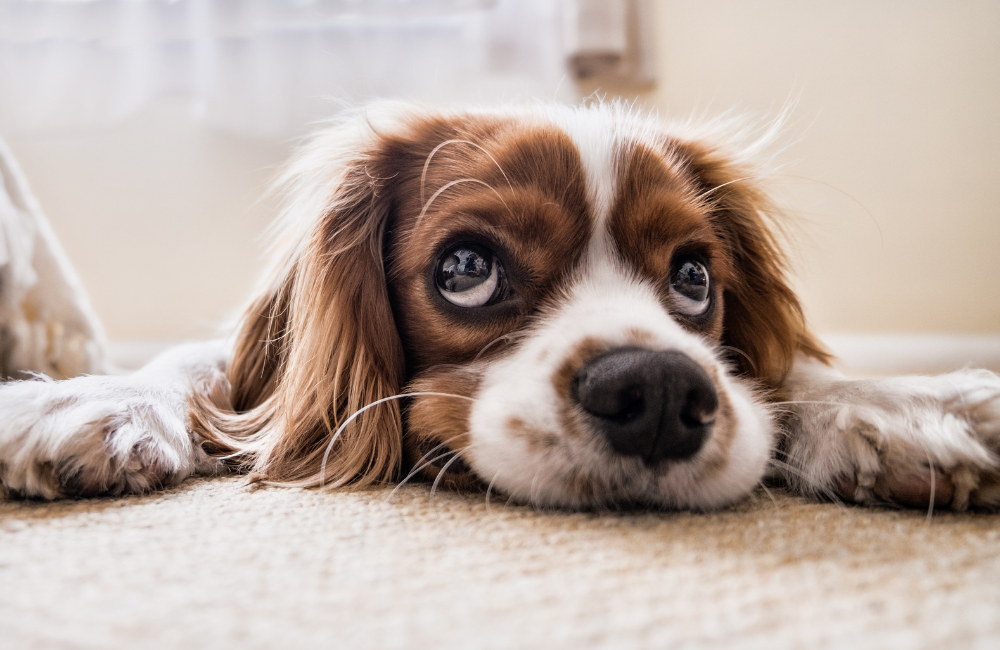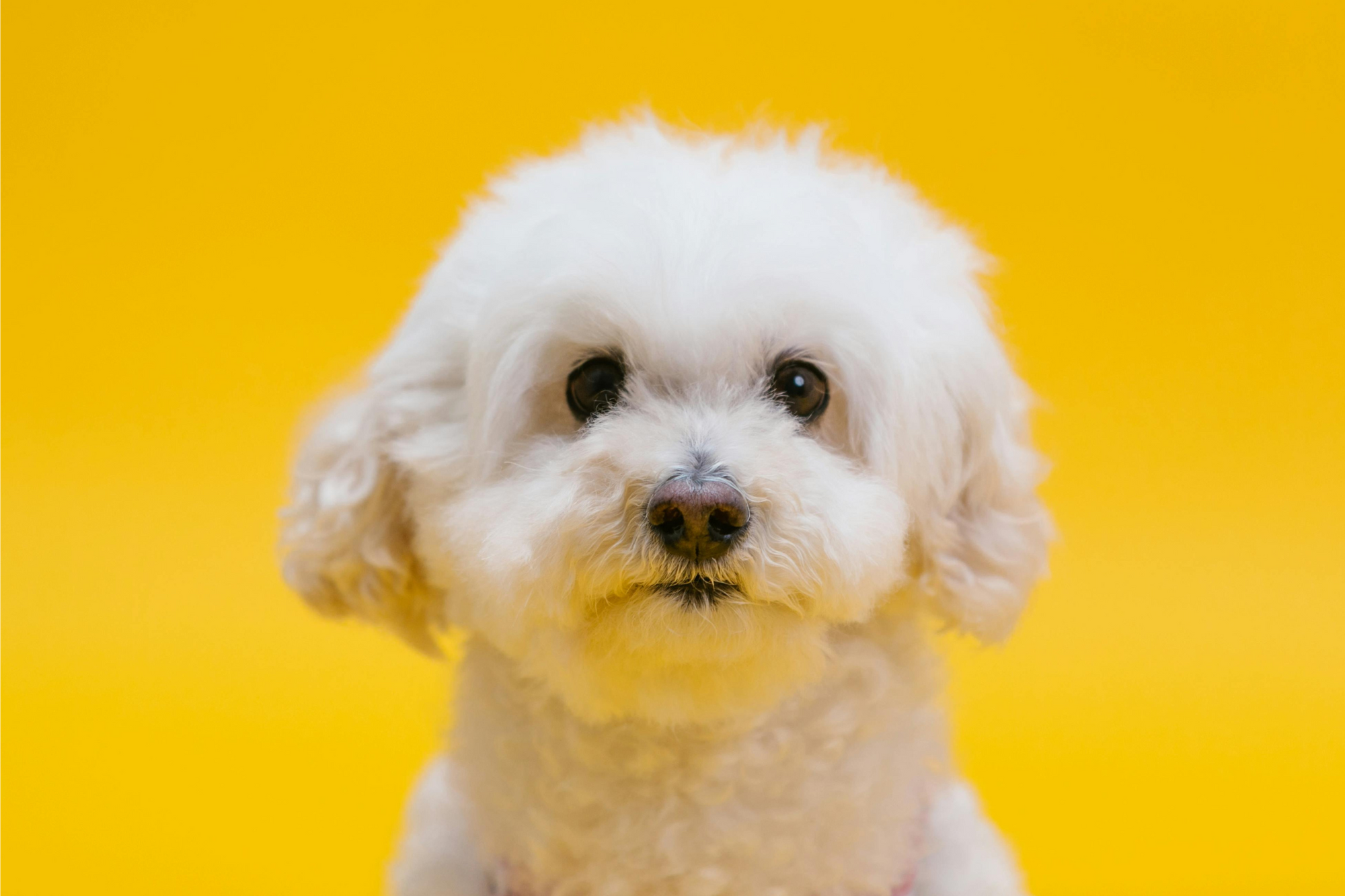As a pet parent, you want your furry friend to smell fresh and clean. But sometimes, no matter how much you groom them, an unpleasant odor persists. Understanding the causes of your dog's smell and knowing how to tackle it can help keep your pup smelling pleasant. Let's dive into why your dog might stink and what you can do about it.
Common Causes of Dog Odor
Skin Conditions
Dogs can develop various skin conditions that lead to bad odors. Bacterial and yeast infections are common culprits. These infections often produce a musty or sour smell. Conditions like seborrhea can cause excessive oil production, leading to a rancid odor.
Proper grooming, including baths and brushing, is essential to keep your dog clean and odor-free. Use a high-quality dog shampoo designed to address specific issues or allergies. Brushing your dog regularly can also help remove dirt, debris, and loose fur that can contribute to odor. Regular veterinary check-ups can help diagnose and treat persistent issues promptly.
Ear Infections
If you've noticed that the smell is stronger around your dog's head, it could be an ear infection. Dogs with floppy ears are particularly prone to these infections due to the warm, moist environment that bacteria and yeast thrive in. Signs include redness, swelling, and a strong, foul smell.
Clean your dog's ears regularly with a product that is intended for the ear area - like earthbath Ear Wipes, which contain witch hazel, a natural cleanser and astringent. Consistent ear checks will help you catch infections early before they become serious.
Dental Problems
Bad breath in dogs, also known as halitosis, is often a sign of dental disease. Plaque and tartar buildup can lead to infections and gum disease, causing a foul odor. Cleaning your dog's teeth daily along with providing dental chews and toys can help reduce plaque buildup. Regular professional cleanings by your vet are essential to maintaining good oral health and preventing bad breath.
Anal Glands
Dogs have anal glands that can become impacted or infected, leading to a very distinctive and unpleasant fishy smell. If your dog is scooting on the floor or licking their rear excessively, they might need their anal glands expressed. This can often be done by your vet or a professional groomer. earthbath Tushy Wipes are the professional groomer's choice to express anal glands, which helps alleviate booty-dragging behavior and foul smells.
Diet
Your dog's diet can also affect how they smell. Low-quality food with fillers and artificial additives or food intolerances can lead to flatulence and a bad-smelling coat. Switching to a high-quality, balanced diet can improve your dog's overall health and odor. If your dog has food sensitivities, work with your vet to identify and eliminate problematic ingredients from their diet.
Conclusion
Understanding the reasons behind your dog's bad smell and taking proactive steps to address them can significantly improve your dog's scent and overall health. Regular grooming, proper ear and dental care, a high-quality diet, and frequent vet visits are essential in keeping your furry friend smelling fresh and clean. With a little effort and attention, you can ensure that your dog is not only happy and healthy but also a pleasant-smelling companion.






